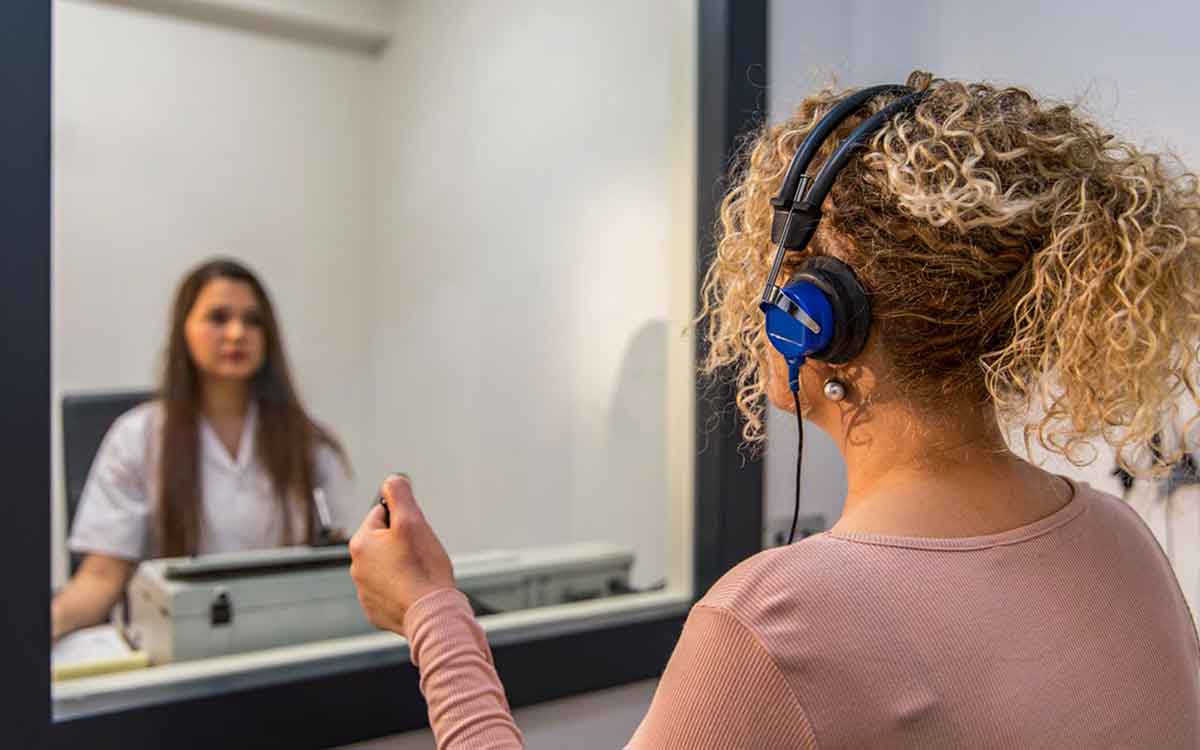
When should you schedule a hearing test? Here are some signs that reveal you should have your hearing tested.
Recently, my children expressed displeasure with the high volume of the TV. Do you know what I said to them? I said, “What?!” It was meant to be humorous. But it also wasn’t. The TV has been getting louder and louder. And I began to question whether I should schedule a hearing exam.
There’s no good reason to avoid scheduling a hearing test. They’re non-intrusive, they don’t involve any radiation, and you can be at ease without worries about your comfort level. You just need to take a brief minute to set up an appointment.
Given the substantial effect that unaddressed hearing loss can have on your general well-being, it’s critical to be proactive about monitoring your hearing.
You should get your hearing checked if you observe these signs
If you’ve recently experienced any signs of hearing loss, it’s most likely a good idea to get a professional hearing assessment. Obviously, if things are difficult to hear, that’s a fairly solid indication of hearing loss.
- It’s difficult to hear in noisy locations: Have you ever been to a crowded or noisy room and had trouble following the conversation because of all the background noise? It’s possible that this might be an indication of a loss of hearing.
- People always seem to be speaking unclearly: The issue may not always be volume but instead definition.
- You regularly overlook text messages: Your phone is intended to be attention-grabbing. If you regularly fail to observe incoming calls or texts, the issue may be that you’re not able to hear them.
- Persistent ringing sound: A constant sensation of ringing in your ears, knowned as tinnitus, is frequently a sign of damage to your hearing.
Other signs you should schedule a hearing test:
- Your ear hasn’t opened after an infection
- Surplus earwax has amassed and can not be eliminated by self-cleaning methods
- You take specific medications that can damage your hearing
- Determining where sounds are coming from can be difficult
- You have vertigo
Routine hearing evaluations
Even if you’re not observing any obvious symptoms, it’s still important to schedule regular hearing exams.
- It is recommended to have a baseline test carried out after reaching the age of 21.
- For individuals with typical hearing, it’s advised to have a hearing assessment every three years.
- If you display symptoms of hearing impairment, have it checked immediately and then annually thereafter.
Routine screenings can help you identify hearing loss before any red flags appear. The earlier you get treatment, the better you’ll be able to preserve your hearing over time. This means you should probably turn your TV down and set up a hearing test.